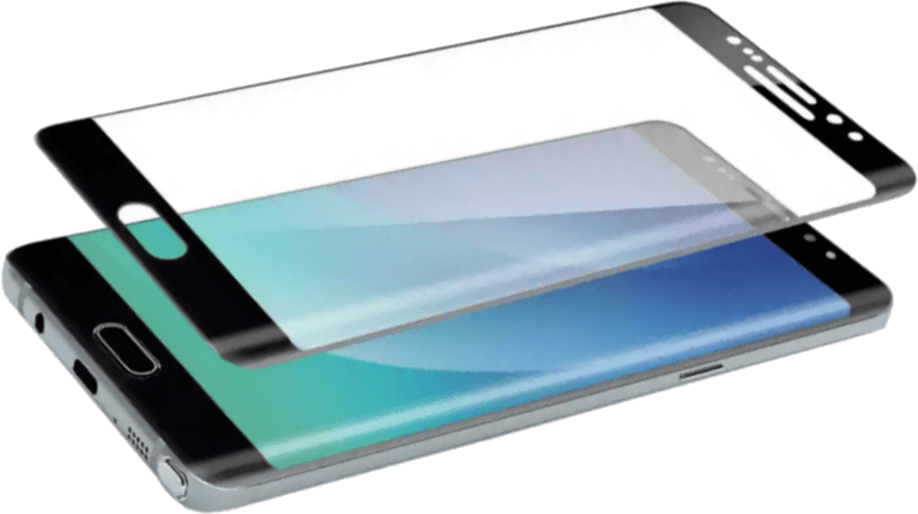Currently everyone is excited about the VR (Virtual Reality) technology, which is not so widely used in our homes. Popularization of any new technology depends of course of its price, as well as its ease of use. Therefore, WebVR is not merely a curiosity, because it is a solution that will allow us to play VR directly from a web browser without any additional plug-ins and applications.
The WebVR project started in 2014, but still it has not yet been implemented in many browsers. Currently, only Samsung Internet Browser uses WebVR with the Gear VR. Although the same technology is theoretically implemented in Firefox and Chromium, you have to keep in mind that the WebVR in these browsers is experimental and it is available only in specially compiled editions. Fortunately, this situation will soon change.
Google announced that WebVR will be supported by a mobile version of Chrome in January next year.
Such a bold statement fell during the W3C’s Web & VR Workshop. This step is very important for the market of virtual reality, because it is a real chance to popularize the VR technology among home users. Thanks to implementation of WebVR in Chrome, it will be possible to browse the Internet using VR goggles manufactured by other vendors than Samsung.
Currently, Facebook and YouTube services allow us to watch 360 degrees videos, but you have to use their mobile apps for this. Also, watching this type of content is limited only to materials published in these sites. When you are surfing the Internet on your smartphone, you come across 360 degrees materials and you can not watch them without 3rd party applications. This restriction will disappear just with the introduction of WebVR solution in Chrome. I bet that amateurs of sites with “some” content will appreciate this new functionality.
Competition does not sleep, Microsoft also is working on WebVR.
Specs from Redmond are working on the implementation of WebVR in the Edge browser. I wonder how this will work in practice and who will use this. Microsoft’s browser enjoy meager popularity and perhaps even tests proving great energy savings are not able to convince anyone. Of course, also pioneers of virtual reality games, i.e. Oculus, throw their two cents to this topic. The company has announced that they started a new project called Carmel. This will be a new web browser supporting VR materials for the Oculus Rift and the Samsung Gear VR goggles.




















